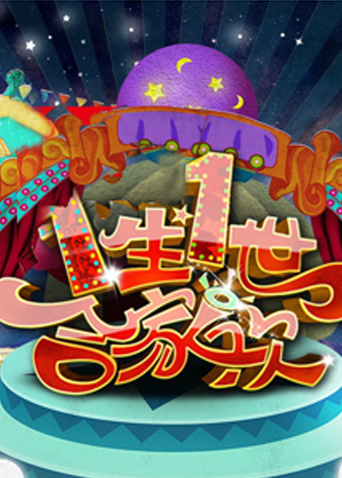故事发生在寻找圣杯的最后几天,欧美当亚瑟王的武士们策马穿过一片充满黑暗、欧美险象环生的丛林,一无所获回到卡默洛特(亚瑟王的宫殿)后,他们的队伍被解散,士气顿失。在他们中间,一位名为兰斯洛特的武士,对此次失败感到深深自责。他认为正是他和格温娜维尔皇后的偷情摧毁了这次神圣的使命。失败的阴影笼罩着一切,辉煌华丽的宫廷呈现出一个即将结束的年代的衰败气象。

故事发生在寻找圣杯的最后几天,欧美当亚瑟王的武士们策马穿过一片充满黑暗、欧美险象环生的丛林,一无所获回到卡默洛特(亚瑟王的宫殿)后,他们的队伍被解散,士气顿失。在他们中间,一位名为兰斯洛特的武士,对此次失败感到深深自责。他认为正是他和格温娜维尔皇后的偷情摧毁了这次神圣的使命。失败的阴影笼罩着一切,辉煌华丽的宫廷呈现出一个即将结束的年代的衰败气象。


回复 :程好是位于丹江口荷花村的一位年轻有为的青年,大学毕业后在城里做了一名职业律师,他替几百号农民工讨回薪金成为名人。后来他放弃城里的生活回到农村当上了村支书,带领村民们走上了致富的道路,生活一天天变得红火起来。不料当年欠薪黑老板的儿子佟威来到荷花村意欲复仇.......
回复 :奇鱼县渔女阿狸被选做海神新娘海祭,随船来到海岛。洞房花烛夜,阿狸竟发现丈夫海神焱是一个半兽人。后来阿狸误入密室,发现了冰棺新娘的秘密。孤苦无依的阿狸终日在海边与一只能够幻化成人形的大鱼相伴,天长日久,两人相爱。阿狸怀孕后被焱囚禁,海大鱼却不知其踪;侍女海芙蓉主动打开囚室,救走阿狸,不曾想,等待她的,却是一场等待已久的阴谋……
回复 :与Stefan Uher和Elo Havatta一样,Eduard Grecner也是60年代斯洛伐克新浪潮电影的缔造者之一。他的三部影片《一周七天》(1964)《尼绒月亮》(1965)和这部《徳拉克的回归》都是斯洛伐克新浪潮电影的代表作。这部叙事方法独特带有明显意识流风格的黑白影片甚至间接影响到了后来法国导演格里耶在捷克拍摄的两部影片《说谎的人》和《Eden and After》。A special place in the development of feature films is reserved for Eduard Grecner, the creator of just one good film, Dragon Returns (Drak sa vracia, 1967), titled after the nickname of the lead character. After his initial work with Uher, Grecner made his mark as a proponent of the so-called "intellectual" film, the antithesis of the sociologically, or rather, socially critical film. Grecner's great role model was Alan Resnais, a young French filmmaker who sought to introduce Slovakia to the idea of film as a labyrinth in which meanings are created not by stories, but by complex configurations of dialogue, shots, and various layers of time, thus differentiating film from both literature and theater. In Dragon Returns―the story of a solitary hero who is needed by villagers living far in the mountains, but who is rejected by them at the same time because of his detachment―Grecner brought the tradition of lyricized prose to life through a whole series of formal aesthetic techniques. Alain Robbe-Grillet immediately developed this idea in the film shot in Bratislava The Man Who Lies (Slovak: Muz, ktory luze; French title: L'homme qui ment; 1968), and perfected it in Eden and After (Eden a potom, 1970).
